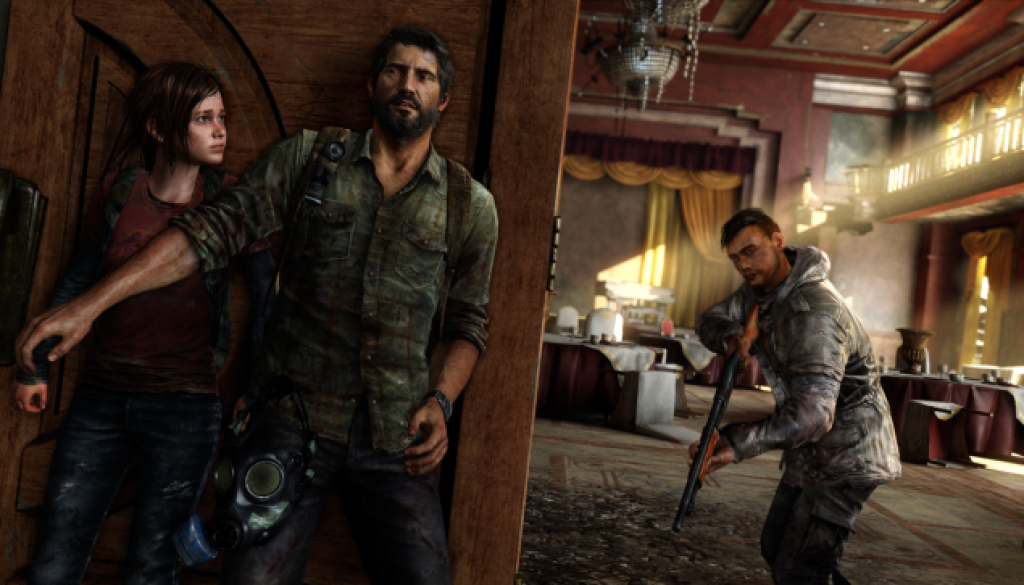Video Game Life Lesson: Patience pays off
Taking time to do something right means taking less time
At times it seems as though patience is a lost art. People always seem to be in a rush to finish a project for a deadline or to get somewhere, just to end up doing nothing and being forced to wait anyways. Because of this, we often see “final” products being released with a myriad of problems. Most of these could have been fixed if those responsible did not feel like they needed to rush to deliver. This is a problem that has been seen, and continues to be seen, in the video game industry. It seems to be getting better with some companies however, but not all and definitely not with all games.
Have you ever been participating in trivia, when all of a sudden a question comes up that you are immediately so confident in that you write down the first thing that comes to mind because “it’s so obvious”? Only to find out that you misheard the question or mis-remembered something that should have been obvious? Maybe if you had thought on the question for just a little bit longer you would have come to the correct answer. A problem for so many people is that they think that they are so smart, that they don’t even question themselves when they are asked an “easy” question.
For me, no specific video game comes to mind when I think about this life lesson. Instead, I can pretty much pick a game from random, and I’m likely to find a good example. Recently I picked up Assassin’s Creed Odyssey, so let’s just look at that. When approaching a fortress with the intent of completing the objectives within, it may be easy to want to run in and get it all over with. The likely outcome of this scenario is that you will attract at least ten guards, some more powerful than others, and at least one is likely to head for the beacon to call for more soldiers. Now you may very well be able to fight all of these guards, kill them, and go collect what you need to finish the fort objectives. The downside to this however is that it will take time. And if you slip up or some enemy just happens to hit you at the right time, or multiple enemies attack you together, you are likely to die and be set back to the start of the fortress, or even further if you had not recently saved your game. Instead, the best tactic is to wait somewhere unseen, scout the area to see how many guards there are and where they are. Check hiding locations and where your objectives are within the fortress. This may seem like it takes longer at first, and sneaking past all of the guards may take even more time with less action, but you know how to get what you need without attracting any unwanted attention. Not only do you avoid a long fight with many guards, but you accomplish your objective in a single try instead of multiple attempts.
Of course, as is the point with all of these lessons, this concept can be applied to many aspects of real life. For instance, when there is a large task that needs to be completed for a job, it can be tough for some people to see the bigger picture and aim to accomplish that in one step. Let’s say someone is trying to start a business! This is a very big-picture task and many people will understand that and look at the steps that are required to start a business. Maybe your first step after deciding to start a business is to figure out what business you want to start. So you pick a concept and move onto step 2, right? Well, how much time did you put into choosing your business? Is it a general idea like selling custom clothing? Did you consider if you are making the clothing or modifying clothes that were made previously by a manufacturer? What kinds of clothes specifically are you making? Clothes for women, men, children? Of all sizes? All ages? Where are you selling to? What is your style? How much capital do you need to make these clothes? All of these things are smaller steps that need to be considered in the first step of what business you want to create. Foregoing these questions simply to start a business quicker is likely to lead you to feeling overwhelmed or directionless. It simply is not always enough to have a direction, you have to know what your path looks like. Consider what obstacles are going to be on the path so you can take steps to move past them.
When we focus on our larger goals in life, it is difficult to think of the smaller objectives that we must complete to reach those goals. Otherwise, we are plagued with constant failures that will set us back way further than if we initially focused on taking the time to do everything right. And even if it doesn’t turn out as right as we hoped for, things have a way of turning out how they need to when you put in the work.

